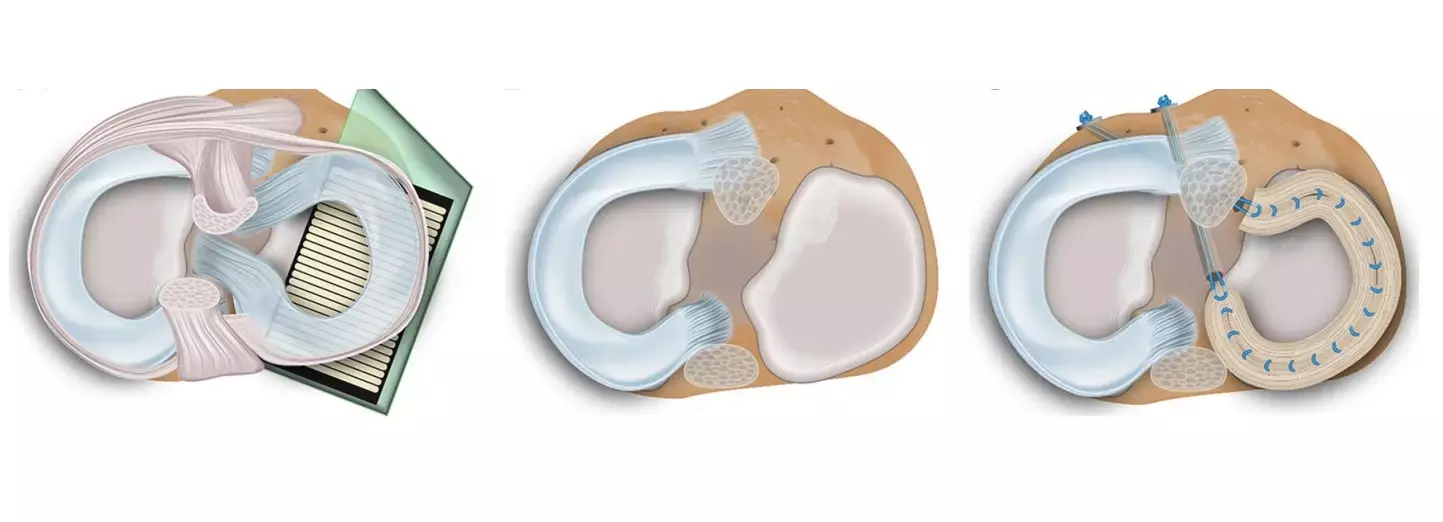- Home
- Medical news & Guidelines
- Anesthesiology
- Cardiology and CTVS
- Critical Care
- Dentistry
- Dermatology
- Diabetes and Endocrinology
- ENT
- Gastroenterology
- Medicine
- Nephrology
- Neurology
- Obstretics-Gynaecology
- Oncology
- Ophthalmology
- Orthopaedics
- Pediatrics-Neonatology
- Psychiatry
- Pulmonology
- Radiology
- Surgery
- Urology
- Laboratory Medicine
- Diet
- Nursing
- Paramedical
- Physiotherapy
- Health news
- Fact Check
- Bone Health Fact Check
- Brain Health Fact Check
- Cancer Related Fact Check
- Child Care Fact Check
- Dental and oral health fact check
- Diabetes and metabolic health fact check
- Diet and Nutrition Fact Check
- Eye and ENT Care Fact Check
- Fitness fact check
- Gut health fact check
- Heart health fact check
- Kidney health fact check
- Medical education fact check
- Men's health fact check
- Respiratory fact check
- Skin and hair care fact check
- Vaccine and Immunization fact check
- Women's health fact check
- AYUSH
- State News
- Andaman and Nicobar Islands
- Andhra Pradesh
- Arunachal Pradesh
- Assam
- Bihar
- Chandigarh
- Chattisgarh
- Dadra and Nagar Haveli
- Daman and Diu
- Delhi
- Goa
- Gujarat
- Haryana
- Himachal Pradesh
- Jammu & Kashmir
- Jharkhand
- Karnataka
- Kerala
- Ladakh
- Lakshadweep
- Madhya Pradesh
- Maharashtra
- Manipur
- Meghalaya
- Mizoram
- Nagaland
- Odisha
- Puducherry
- Punjab
- Rajasthan
- Sikkim
- Tamil Nadu
- Telangana
- Tripura
- Uttar Pradesh
- Uttrakhand
- West Bengal
- Medical Education
- Industry
Meniscectomy associated with higher rate of osteoarthritis compared to meniscal repair following acute tears

In a recent meta-analysis published in the Knee Surgery, Sports Traumatology, Arthroscopy Journal, meniscal repair has emerged as a more effective treatment than resection for patients with symptomatic meniscal tears, offering hope for those suffering from knee problems. This analysis, which compared the outcomes of meniscal repair and resection, sheds light on the benefits of preserving the meniscus in patients with these injuries.
The study meticulously examined data from 20 studies involving a total of 31,783 patients. The mean age of the patients was 37.6 years, with an average time of 12.1 months from injury to surgery. What's more, between-study comparability in factors such as age, gender, body mass index, time from injury to surgery, follow-up length, patient-reported outcome measures, medial joint width, and osteoarthritis stage was ensured.
The results were highly promising for meniscal repair. Patients in the repair group exhibited a lower progression to knee osteoarthritis at approximately six years of follow-up, compared to those who underwent partial meniscectomy. This finding is significant because osteoarthritis is a debilitating condition that affects millions of people worldwide.
When it came to patient-reported outcome measures, there was no substantial difference between the two groups. However, the repair group did report a lower rate of failures, indicating that meniscal repair might be a more reliable procedure in the long term. Additionally, the repair group had a lower rate of progression to knee arthroplasty and a reduced rate of advanced knee osteoarthritis, providing further evidence of its superiority in maintaining overall joint health.
One of the significant findings was the Lysholm score, which was significantly higher in the resection group. Nonetheless, when considering the bigger picture, the advantages of meniscal repair in terms of preventing osteoarthritis and overall knee health outweigh this particular score difference. This comprehensive meta-analysis demonstrates that meniscal repair is a superior option to resection for patients with symptomatic meniscal tears.
Reference:
Migliorini, F., Schäfer, L., Bell, A., Weber, C. D., Vecchio, G., & Maffulli, N. (2023). Meniscectomy is associated with a higher rate of osteoarthritis compared to meniscal repair following acute tears: a meta-analysis. In Knee Surgery, Sports Traumatology, Arthroscopy. Springer Science and Business Media LLC. https://doi.org/10.1007/s00167-023-07600-y
Neuroscience Masters graduate
Jacinthlyn Sylvia, a Neuroscience Master's graduate from Chennai has worked extensively in deciphering the neurobiology of cognition and motor control in aging. She also has spread-out exposure to Neurosurgery from her Bachelor’s. She is currently involved in active Neuro-Oncology research. She is an upcoming neuroscientist with a fiery passion for writing. Her news cover at Medical Dialogues feature recent discoveries and updates from the healthcare and biomedical research fields. She can be reached at editorial@medicaldialogues.in
Dr Kamal Kant Kohli-MBBS, DTCD- a chest specialist with more than 30 years of practice and a flair for writing clinical articles, Dr Kamal Kant Kohli joined Medical Dialogues as a Chief Editor of Medical News. Besides writing articles, as an editor, he proofreads and verifies all the medical content published on Medical Dialogues including those coming from journals, studies,medical conferences,guidelines etc. Email: drkohli@medicaldialogues.in. Contact no. 011-43720751


